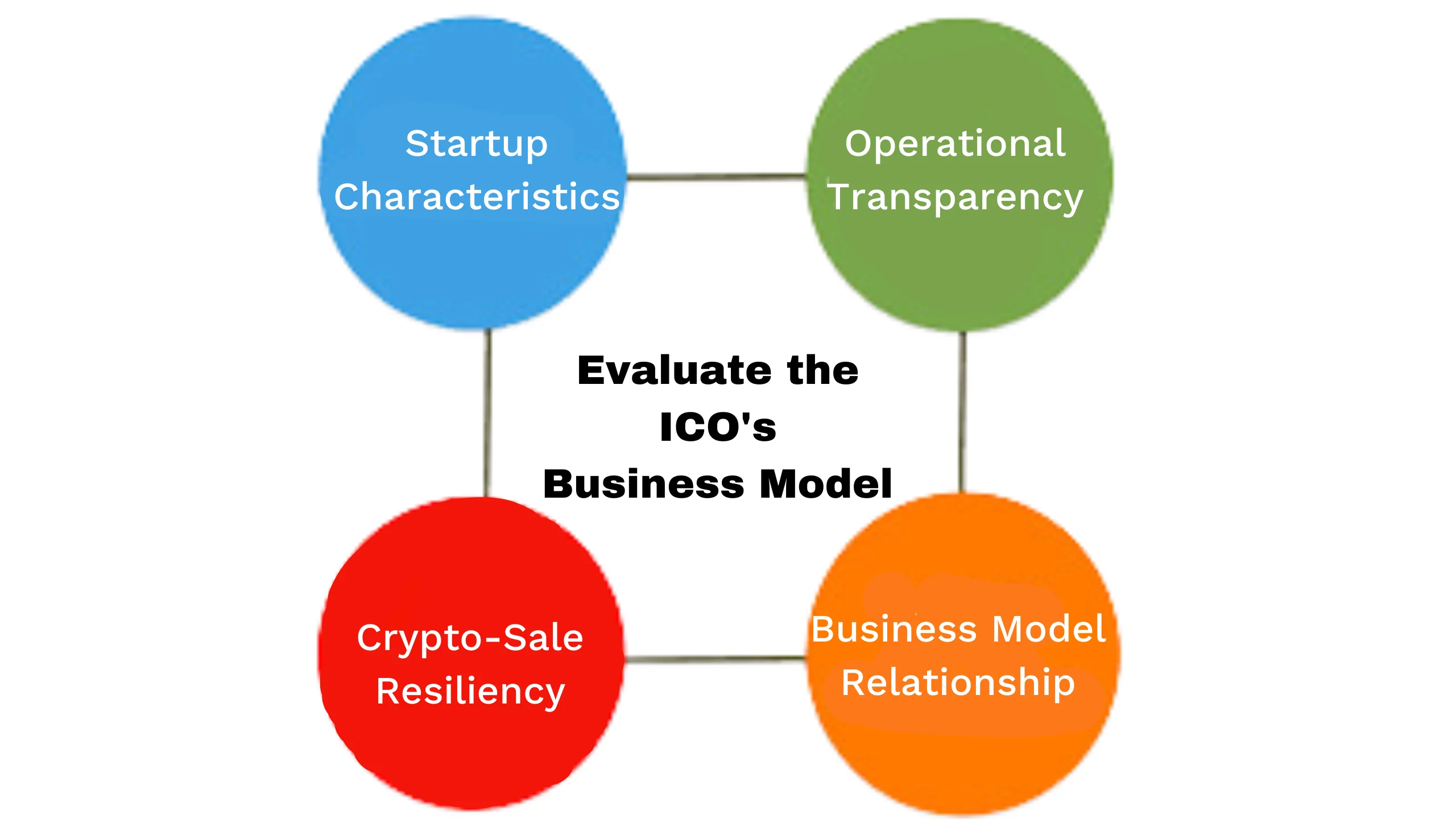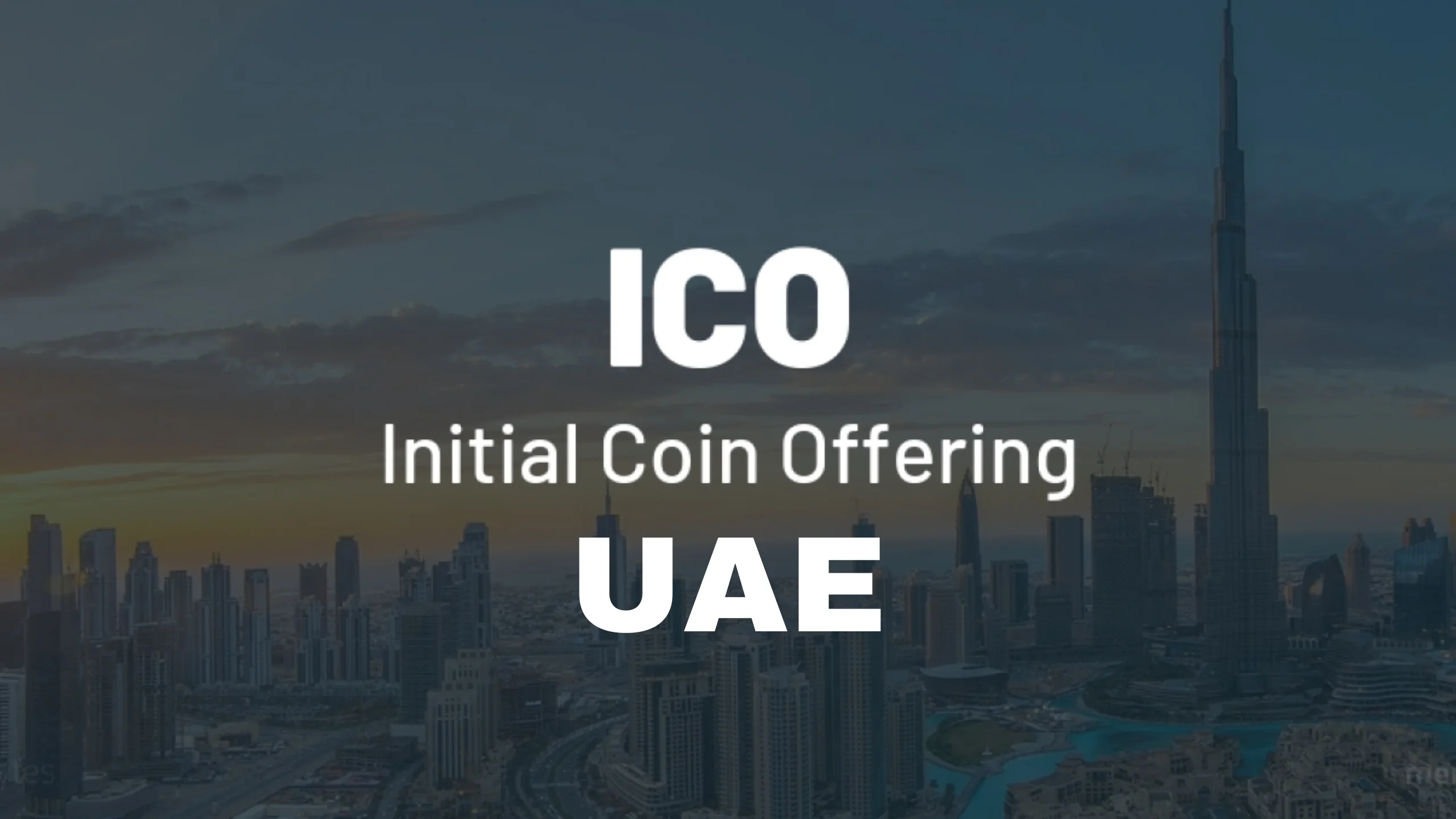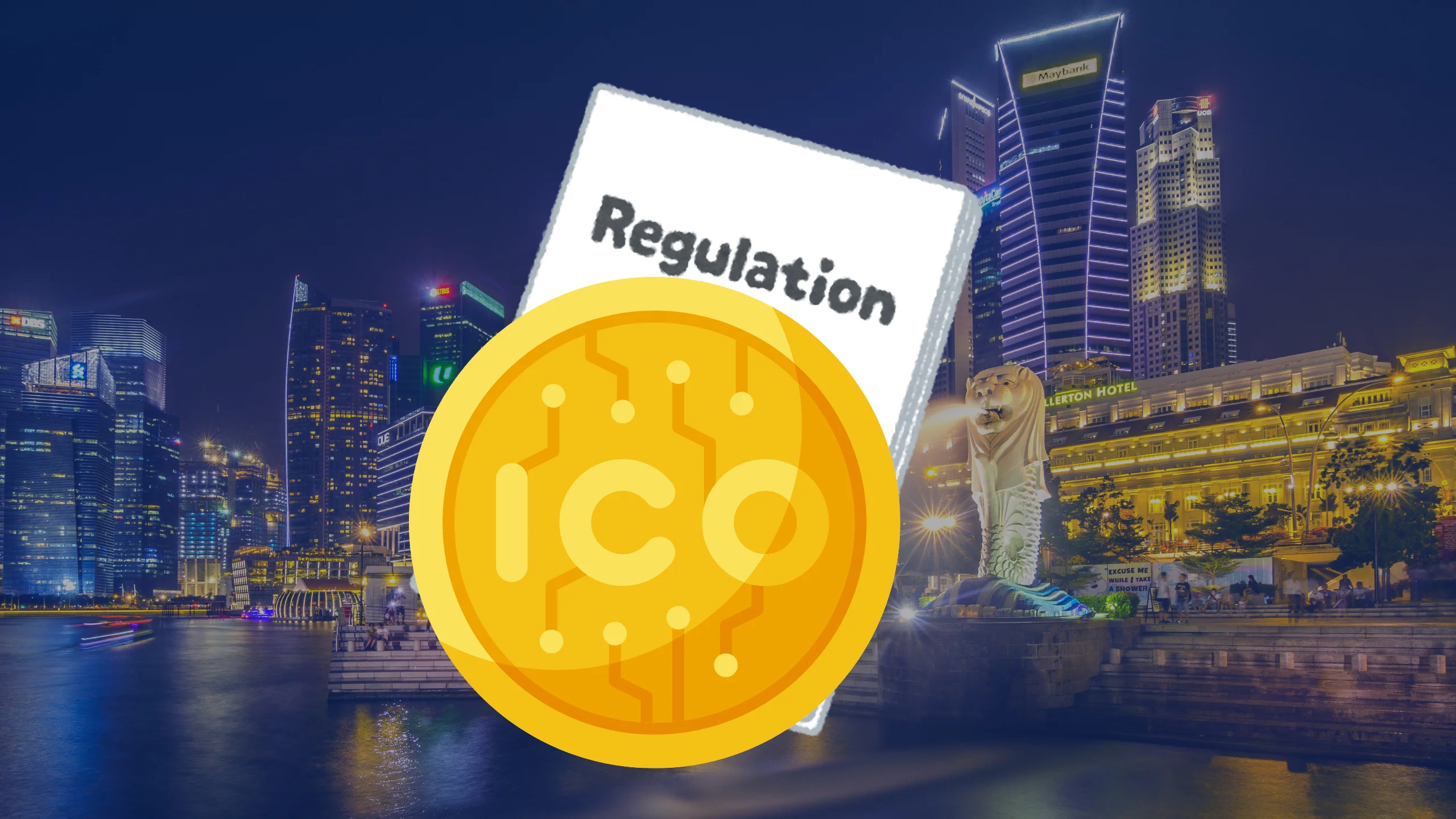Introduction
As the popularity of Initial Coin Offerings (ICOs) continues to grow globally, countries around the world are grappling with how to regulate this innovative fundraising method. Let’s take a closer look at the ICO regulations in some key countries, including the USA, UK, France, Germany, UAE, Saudi Arabia, and Singapore.
ICO regulations in United States (USA)
- Regulatory Authority: The Securities and Exchange Commission (SEC) oversees ICOs in the USA, applying securities regulations to token sales.
- Regulatory Framework: ICOs involving securities are subject to the Securities Act of 1933 and the Securities Exchange Act of 1934, requiring compliance with registration, disclosure, and anti-fraud provisions.
- Securities Classification: The SEC categorizes ICO tokens as securities, utility tokens, or hybrid tokens based on their characteristics and use cases, with securities tokens subject to stricter regulations.
- Compliance Obligations: ICO issuers must comply with securities laws, including filing registration statements, providing investor disclosures, and conducting due diligence on investors.
- Accredited Investor Requirements: ICOs may be limited to accredited investors under Regulation D exemptions, restricting access to non-accredited retail investors.
- Enforcement Actions: The SEC has taken enforcement actions against ICOs for violations of securities laws, including fraud, unregistered securities offerings, and misleading statements.
- Regulatory Guidance: The SEC has issued guidance documents, reports, and statements on ICOs to educate market participants and clarify regulatory requirements.
- Regulatory Uncertainty: The evolving regulatory landscape and lack of clarity on ICO regulations have led to uncertainty among ICO issuers and investors.
- State Regulations: ICOs may also be subject to state securities laws, with some states imposing additional registration, filing, and compliance requirements.
- Legal Compliance: ICO issuers in the USA must navigate a complex regulatory environment, seeking legal counsel and compliance expertise to ensure adherence to securities laws and regulations.
For more detailed information on US ICO regulations, you can refer to our comprehensive guide here .
ICO regulations in United Kingdom (UK)

- Regulatory Authority: The Financial Conduct Authority (FCA) regulates ICOs in the UK, overseeing compliance with financial regulations and consumer protections.
- Guidance on Tokens: The FCA has issued guidance on the regulatory status of ICO tokens, classifying them as security tokens, utility tokens, or e-money tokens based on their characteristics and intended use.
- Regulatory Compliance: ICO issuers in the UK must comply with existing financial regulations, such as the Financial Services and Markets Act 2000 and the Electronic Money Regulations 2011.
- Investor Protections: The FCA emphasizes investor protections, requiring ICO issuers to provide clear and accurate disclosures, conduct due diligence on investors, and implement AML and KYC procedures.
- Licensing Requirements: ICO platforms and exchanges may require licensing from the FCA, depending on the nature of their activities and services offered to investors.
- Enforcement Actions: The FCA has the authority to take enforcement actions against ICOs for breaches of financial regulations, including penalties, fines, and injunctions.
- Market Integrity: The FCA promotes market integrity and transparency in ICOs, monitoring market activities, investigating misconduct, and issuing warnings to investors about potential risks.
- Regulatory Sandbox: The FCA operates a regulatory sandbox program that allows ICO issuers to test innovative products and services in a controlled environment, facilitating compliance with regulatory requirements.
- International Cooperation: The FCA collaborates with international regulators and organizations to address cross-border regulatory challenges and promote harmonization of ICO regulations.
- Legal Compliance: ICO issuers in the UK must adhere to regulatory requirements, seek legal advice, and engage with regulatory authorities to ensure compliance with financial regulations and investor protections.

ICO regulations in France
- Regulatory Authority: In France, the Autorité des Marchés Financiers (AMF) is responsible for regulating ICOs and ensuring compliance with securities laws.
- Regulatory Framework: The AMF has established a regulatory framework for ICOs through the PACTE law (Action Plan for Business Growth and Transformation), aimed at promoting innovation while safeguarding investor interests.
- Regulatory Approval: ICO projects in France must obtain approval from the AMF before launching their token sales, ensuring compliance with disclosure requirements, investor protections, and market integrity standards.
- Disclosure Requirements: ICO issuers are required to provide clear and accurate disclosures to investors, including information about the project, team, tokenomics, use of proceeds, and associated risks.
- Investor Protections: The AMF emphasizes investor protections in ICOs, requiring issuers to implement AML and KYC procedures, conduct due diligence on investors, and provide adequate safeguards against fraud and misuse of funds.
- Regulatory Oversight: The AMF monitors ICO activities, conducts investigations into misconduct or violations of securities laws, and takes enforcement actions against non-compliant issuers.
- Market Integrity: The AMF promotes market integrity and transparency in ICOs, publishing warnings, guidance, and educational materials to inform investors about the risks associated with token sales.
- Regulatory Innovation: France has positioned itself as a leader in blockchain regulation, offering a supportive environment for ICO projects through regulatory sandboxes, pilot programs, and initiatives to foster innovation in the digital asset space.
- Collaboration with Regulators: The AMF collaborates with international regulators and organizations to address regulatory challenges, share best practices, and promote cooperation in the oversight of ICOs and digital assets.
- Legal Compliance: ICO issuers in France must adhere to the regulatory requirements outlined by the AMF, seek legal counsel, and engage with regulatory authorities to ensure compliance with securities laws and investor protections.
ICO Regulations in Germany
- Regulatory Authority: In Germany, the Federal Financial Supervisory Authority (BaFin) regulates ICOs and digital assets, overseeing compliance with financial regulations and investor protections.
- Regulatory Landscape: Germany has adopted a cautious approach to ICO regulation, focusing on investor protection, consumer rights, and market integrity.
- Securities Regulation: ICO tokens may be classified as securities under German law, subjecting them to prospectus requirements, securities registration, and investor disclosures.
- Prospectus Requirements: ICO issuers may be required to publish a prospectus approved by BaFin before conducting a token sale, providing detailed information about the project, tokenomics, risks, and financials.
- Investor Protections: BaFin emphasizes investor protections in ICOs, requiring issuers to implement AML and KYC procedures, conduct due diligence on investors, and provide adequate disclosures to investors.
- Regulatory Oversight: BaFin monitors ICO activities, conducts investigations into compliance with securities laws, and takes enforcement actions against non-compliant issuers, including fines, penalties, and injunctions.
- Market Integrity: BaFin promotes market integrity and transparency in ICOs, issuing warnings to investors about the risks associated with token sales and providing guidance on regulatory compliance.
- Licensing Requirements: ICO platforms and exchanges may require licensing from BaFin, depending on the nature of their activities and services offered to investors.
- International Cooperation: BaFin collaborates with international regulators and organizations to address cross-border regulatory challenges, share information, and promote harmonization of ICO regulations.
- Legal Compliance: ICO issuers in Germany must adhere to the regulatory requirements outlined by BaFin, seek legal advice, and engage with regulatory authorities to ensure compliance with securities laws and investor protections.
ICO Regulations in United Arab Emirates (UAE)

- Regulatory Authority: In the UAE, the Securities and Commodities Authority (SCA) oversees ICOs and digital assets, regulating compliance with securities laws and investor protections.
- Regulatory Framework: The UAE has shown interest in blockchain innovation, with government entities and regulators working to create a conducive regulatory environment for ICOs and digital assets.
- Regulatory Guidance: The SCA has issued guidelines on the regulatory treatment of digital assets and token sales, providing clarity on compliance requirements, investor protections, and market integrity standards.
- Licensing Requirements: ICO platforms, exchanges, and service providers may require licensing from the SCA, depending on the nature of their activities and services offered to investors.
- AML and KYC Requirements: ICO issuers are required to implement AML and KYC procedures to mitigate the risk of money laundering, terrorist financing, and financial crimes.
- Investor Education: The SCA promotes investor education and awareness about the risks associated with ICOs, providing guidance, warnings, and educational materials to inform investors about the benefits and pitfalls of token sales.
- Regulatory Oversight: The SCA monitors ICO activities, conducts investigations into compliance with securities laws, and takes enforcement actions against non-compliant issuers to maintain market integrity and investor confidence.
- Collaboration with Regulators: The UAE collaborates with international regulators and organizations to address regulatory challenges, share best practices, and promote cooperation in the oversight of ICOs and digital assets.
- Innovation Hub: The UAE has positioned itself as a hub for blockchain innovation, offering a supportive environment for ICO projects through regulatory sandboxes, pilot programs, and initiatives to foster innovation in the digital asset space.
- Legal Compliance: ICO issuers in the UAE must adhere to the regulatory requirements outlined by the SCA, seek legal counsel, and engage with regulatory authorities to ensure compliance with securities laws and investor protections.

ICO Regulations in Saudi Arabia
- Regulatory Authority: In Saudi Arabia, the Saudi Arabian Monetary Authority (SAMA) oversees financial activities and may issue regulations or guidelines for ICOs and digital assets in the future.
- Regulatory Landscape: Saudi Arabia has shown interest in blockchain technology but has yet to implement specific regulations for ICOs.
- Market Monitoring: SAMA monitors market activities and developments in the blockchain space, assessing the potential risks and opportunities associated with ICOs and digital assets.
- Investor Awareness: SAMA promotes investor awareness and education about the risks and benefits of ICOs, providing guidance, warnings, and educational materials to inform investors about the evolving regulatory landscape.
- Collaboration with Regulators: Saudi Arabia may collaborate with international regulators and organizations to address regulatory challenges, share information, and promote cooperation in the oversight of ICOs and digital assets.
- Legal Compliance: While specific regulations for ICOs may be forthcoming, ICO issuers operating in Saudi Arabia should stay informed about developments in blockchain regulation and compliance requirements.
- International Engagement: Saudi Arabia may engage with international regulators and organizations to participate in discussions, workshops, and initiatives related to blockchain regulation and ICOs.
- Regulatory Innovation: Saudi Arabia may explore regulatory sandboxes, pilot programs, or initiatives to foster innovation in the blockchain space and support ICO projects in the kingdom.
- Regulatory Clarity: While regulatory clarity for ICOs in Saudi Arabia may be lacking at present, ICO issuers should monitor regulatory developments and engage with relevant authorities to ensure compliance with future regulations.
- Legal Counsel: ICO issuers operating in Saudi Arabia should seek legal counsel and compliance expertise to navigate the evolving regulatory landscape and ensure compliance with existing financial regulations and investor protections.
ICO Regulations in Singapore

- Regulatory Authority: In Singapore, the Monetary Authority of Singapore (MAS) is the regulatory authority responsible for overseeing ICOs and digital assets.
- Regulatory Framework: Singapore has established a conducive regulatory framework for ICOs through the Payment Services Act (PSA) and the Securities and Futures Act (SFA), providing clarity on compliance requirements, investor protections, and market integrity standards.
- Regulatory Sandbox: MAS operates a regulatory sandbox program that allows ICO issuers to test innovative products and services in a controlled environment, facilitating compliance with regulatory requirements and fostering innovation in the digital asset space.
- Licensing Requirements: ICO platforms, exchanges, and service providers may require licensing from MAS, depending on the nature of their activities and services offered to investors.
- AML and KYC Requirements: ICO issuers are required to implement AML and KYC procedures to mitigate the risk of money laundering, terrorist financing, and financial crimes, in accordance with MAS guidelines.
- Investor Protections: MAS emphasizes investor protections in ICOs, requiring issuers to provide clear and accurate disclosures, conduct due diligence on investors, and implement safeguards against fraud and misuse of funds.
- Regulatory Oversight: MAS monitors ICO activities, conducts investigations into compliance with securities laws, and takes enforcement actions against non-compliant issuers to maintain market integrity and investor confidence.
- Market Integrity: MAS promotes market integrity and transparency in ICOs, issuing warnings to investors about the risks associated with token sales and providing guidance on regulatory compliance.
- International Cooperation: Singapore collaborates with international regulators and organizations to address cross-border regulatory challenges, share best practices, and promote cooperation in the oversight of ICOs and digital assets.
- Legal Compliance: ICO issuers in Singapore must adhere to the regulatory requirements outlined by MAS, seek legal counsel, and engage with regulatory authorities to ensure compliance with securities laws and investor protections.

Conclusion
As the global regulatory landscape for ICOs continues to evolve, ICO issuers must navigate a complex web of regulations and compliance requirements in each jurisdiction. By staying informed about ICO regulations in countries like the USA, UK, France, Germany, UAE, Saudi Arabia, and Singapore, ICO projects can ensure regulatory compliance, investor protection, and market integrity. Collaboration with regulators, engagement with legal counsel, and adherence to best practices are essential for ICO issuers to navigate the regulatory challenges and unlock the full potential of blockchain technology for fundraising and innovation.
Contact Us
Share a few details about your project, and we’ll get back to you soon.
Let's Talk About Your Project
- Free Consultation
- 24/7 Experts Support
- On-Time Delivery
- sales@sdlccorp.com
- +1(510-630-6507)
